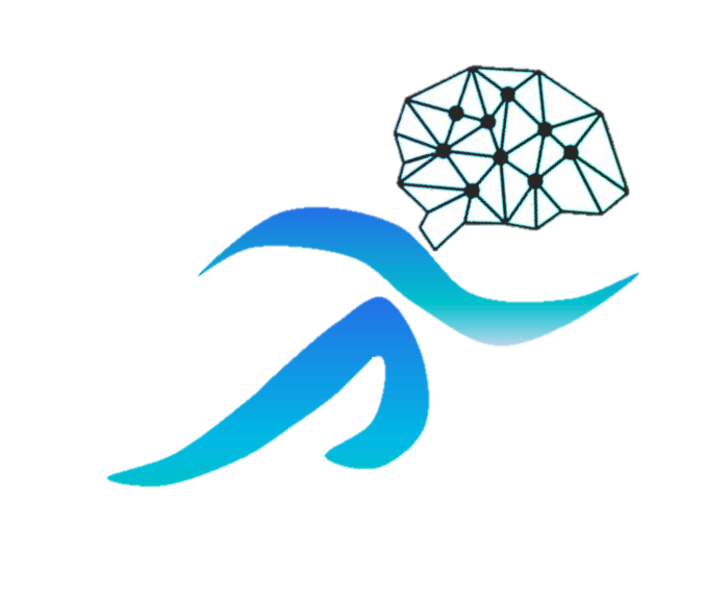Authors: Jessica Ranford, Jessica Asiello, Alison Cloutier, Kimberly Cortina, Helena Thorne, Kimberly S. Erler, Natasha Frazier, Caitlin Sadlak, Abigail Rude, and David J. Lin
Abstract: As acute stroke treatments advance, more people survive the initial stroke event and live with long-term neurological impairments that impact functional outcomes and quality of life. In accordance with International Classification of Functioning (ICF), living with long-term neurological impairments can limit survivors’ activity performance and restrict participation in valued life roles and routines. Research focused on longitudinal analysis of functional measures and outcomes after stroke are critical for determining early indicators of long-term participation and quality of life and guiding rehabilitation resource allocation. As core members of the interdisciplinary stroke recovery treatment team throughout the post-acute care continuum, occupational therapists (OTs) directly address stroke survivors’ ability to participate in meaningful daily activities to promote function and quality of life. Just as in clinical care in which multidisciplinary, team-based perspectives are vital, OTs provide invaluable perspectives for stroke recovery research. Here we describe OTs’ role in a collaborative, interdisciplinary research study aimed at comprehensively understanding upper extremity motor recovery after stroke and its impact on individuals across the post-acute care continuum. This article discusses the importance of the OTs’ perspectives in conducting interdisciplinary, longitudinal stroke recovery research. The challenges, strategies and recommendations for future directions of advancing the role of OTs in multidisciplinary stroke recovery research are highlighted. We use this perspective as a call to action to the stroke recovery field to incorporate OTs as members of the research team and for OTs to provide their perspectives on ongoing stroke recovery research.
